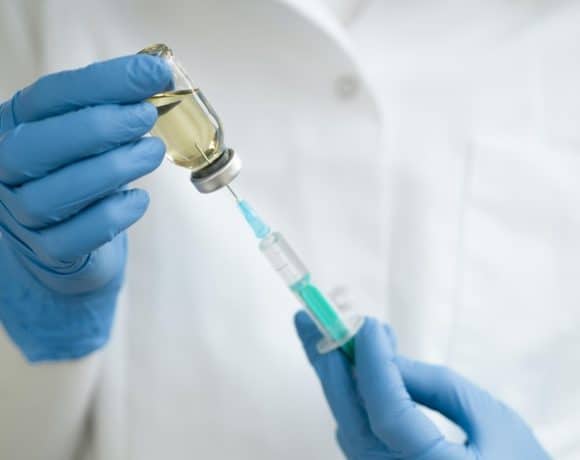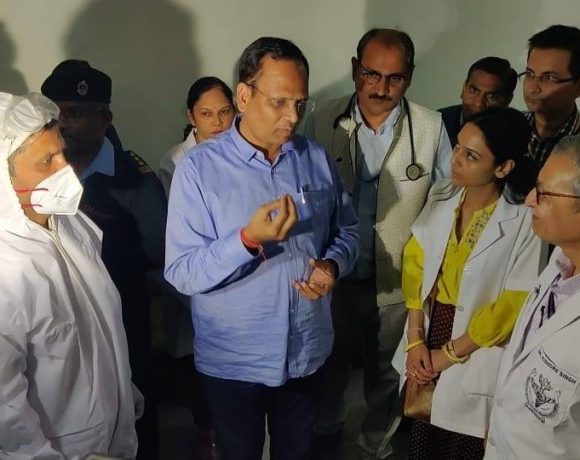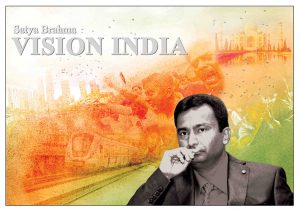

Delhi Chief Minister Arvind Kejriwal Tuesday unveiled a five-point plan to tackle the coronavirus outbreak after speaking to experts and doctors. The “5Ts”, Kejriwal said, include testing, tracing, treatment, teamwork and tracking and monitoring of the virus.
The Delhi government will start conducting rapid anti-body tests, as recommended by the ICMR, in areas identified as coronavirus hotspots, Kejriwal said, taking into account a possibility of up to 30,000 active cases in the city.
“After consulting doctors and other experts, we have prepared a five point plan, which are essentially five Ts. The first T is testing. The countries that did not undertake tests could not contain the spread of the virus. On the other hand, consider South Korea’s case, on how it got tests conducted at a mass scale.
We have prepared a 5 point plan to make sure Delhi is ready to fight Corona. https://t.co/4sVLLV9QYO
— Arvind Kejriwal (@ArvindKejriwal) April 7, 2020
“Carriers of the virus were identified so that they don’t infect others. If we do not do that we will not even know who has contracted the virus. We were facing a shortage of testing kits. Now the situation has improved. We had placed an order for 50,000 kits and have started receiving those. For rapid tests, we have ordered 1 lakh testing kits, which will start getting delivered from Friday,” Kejriwal said.
The Indian Council of Medical Research (ICMR) had recommended that the rapid anti-body tests (blood tests) be undertaken at hotspots across the country. The tests involve taking blood samples to ascertain if a person has antibodies against the virus.
The presence of antibodies would mean that the person is immune to the virus. The antibody tests happen to be a faster alternative to the direct tests known as Polymerase Chain Reaction (PCR), under which throat or nasal swabs are taken.
Kejriwal said the rapid tests, for now, would be undertaken at the Nizamuddin and Dilshad Garden areas in the city. He added that direct tests would also be conducted, without further elaboration.
5th T – Tracking & Monitoring
I will personally track and monitor every single aspect involved in making this plan successful
As Chief Minister, I will be responsible for ensuring all variables fall into place and I will be accountable if they don't.#DelhiFightsCorona
— Arvind Kejriwal (@ArvindKejriwal) April 7, 2020
In terms of tracing, the government is going to expand the surveillance net by sharing the mobile numbers of 2,300 odd-men who were present at the Tablighi Jamat gathering at Markaz Nizamuddin with Delhi Police.
Arvind Kejriwal unveils ‘5T’ plan for Delhi to fight COVID-19 A technician from Dr Dangs Lab demonstrates sample collection process for COVID-19 tests in New Delhi, Monday, April 6, 2020.
As part of other T, treatment, the Delhi government has earmarked 2,950 beds for corona patients across three government hospitals and some private hospitals, he said. The number of confirmed cases in the city currently stand at 525.
There are 1,500 beds at the LNJP Hospital, 500 at GBP Hospital and 250 at Rajiv Gandhi Super Speciality Hospital. There is a total of 400 beds in three private hospitals – Max Saket (318), Apollo (50) and Sir Gangaram (42). Once cases cross 3,000, the GTB Hospital, with 1,500 beds, will also be earmarked for coronavirus patients.
“In this manner, we have chalked out a plan to handle up to 30,000 active cases. There will be 8,000 hospital beds. We plan to take over more and more beds as and when cases rise. Moreover, there will be 12,000 hotel beds, while 10,000 will be kept in banquets and dharamshalas. Serious patients would be sent to hospitals while those with mild symptoms will be kept the hotels and other places, equipped with medical facilities. We will have 400 ventilators and 1,200 beds for those who will require oxygen support,” Kejriwal said.
Kejriwal said 27,702 mobile numbers have been handed over to the police to mount surveillance of quarantined people. Moreover, the government is also providing a list of around 2,000 phone numbers of those taken out of the jamaat gathering to police to identify and seal the areas visited by these men.
The Delhi Police have so far booked over 240 people for violating the quarantine norms based on phone surveillance.
The AAP chief stressed on the importance of team work and cooperation among the states and the Union government, “rising above political differences”, to tide over the crisis. “Even states will have to work together. People of Delhi should not be under the impression that what happens in Maharashtra won’t affect them and vice-versa,” he added.
Last, Kejriwal took it upon himself to ensure all parts of the plan were conducted efficiently. “My responsibility will be tracking and monitoring of the plan. I will see to it that it is followed through,” Kejriwal said.


















